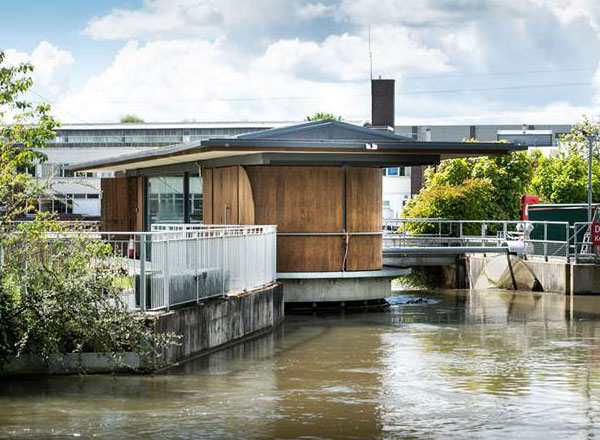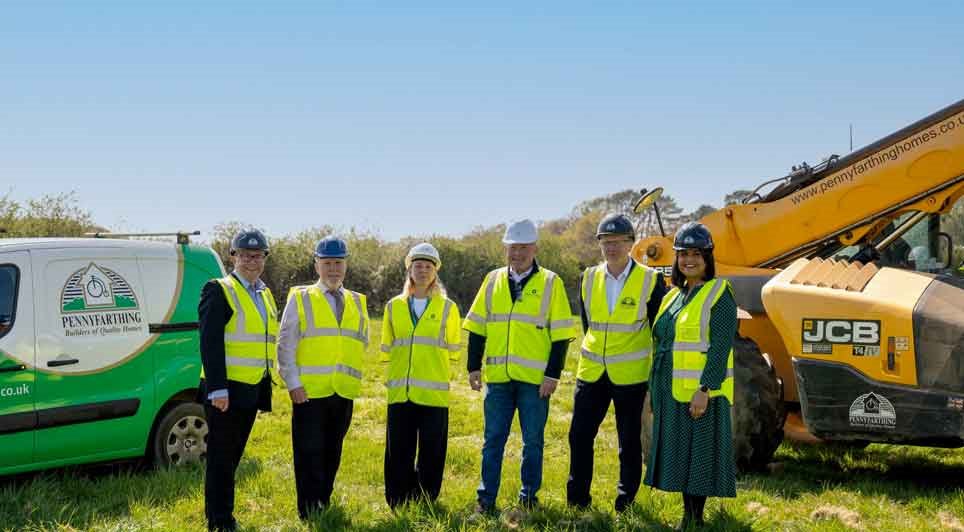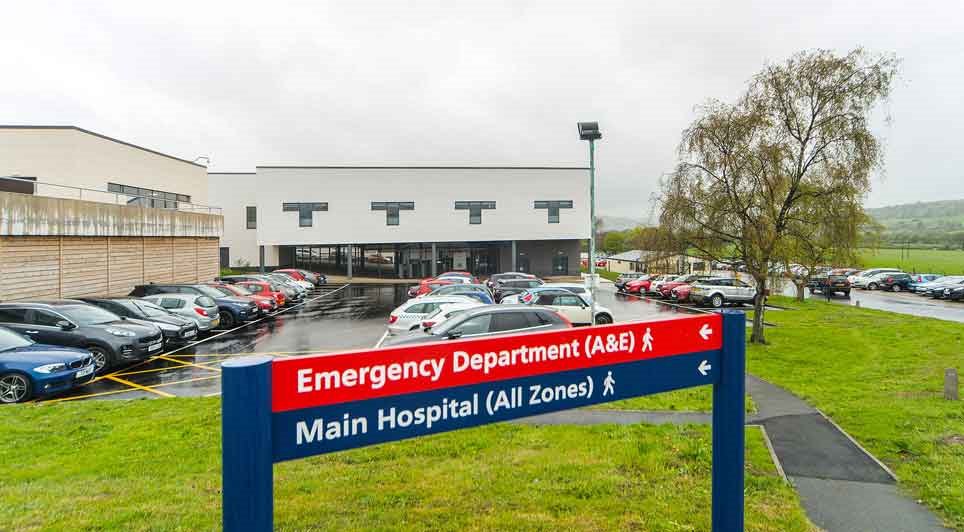Project Local Energy Oxfordshire (LEO), an ambitious and innovative smart grid project has passed a significant project review milestone and has been awarded an extension from UK Research and Innovation (UKRI).
Project LEO now has the green light to undertake flexibility market trials across Oxfordshire to support the transition to a smart and low-carbon energy system.
Scottish and Southern Electricity Networks (SSEN), the Low Carbon Hub, the University of Oxford, and Oxford City and Oxfordshire County councils, alongside five other partners, are working together to replicate the electricity system of the future to support a cost-effective transition to net zero. Project LEO is examining how new competitive markets can be developed for low-carbon technologies, which support households, businesses and communities playing an active role in the energy system.
The £40 million project is regularly reviewed by UKRI to ensure it is continuing to offer value for money and delivering on its objectives. Following its latest review, UKRI has given the green light for Project LEO to proceed to the next phase. Project LEO demonstrated it had met UKRI's objectives, which included an updated Detailed Project Plan, and the development of a comprehensive Trial Programme and new communications strategy. Project LEO was also awarded a 9-month extension to March 2023 to maximise what can be learned from its upcoming trials.
Project LEO's next phase, the flexibility market trials, builds on the ambitious and innovative work over completed over the last few years to develop, test, and prepare a proof of concept. The upcoming flexibility market trials will launch in six areas in Oxfordshire later this year and are open to generators, energy storage owners and those who can tailor their energy demand. Generators and asset owners in the trial areas are invited to participate and can earn money for participating.
Mel Bryce, Oxfordshire Programme Director said: "It is fantastic to see the hard work of Project LEO's partners being recognised through the project extension. The next phase of LEO will help build a real-life understanding of how the electricity system of the future functions and the different interactions occurring between consumers and generators.
"Project LEO's delivery of the electricity system of the future will play a key role in the transition to net zero. With more consumers and generators participating in decentralised energy and low carbon technologies, Project LEO is providing real learnings which can then be applied and replicated in other areas throughout the UK."
Rob Saunders, Challenge Director, ‘Prospering from the Energy Revolution', UK Research and Innovation said: "The success of innovative smart local systems will be key to the UK's transition to clean energy use, so it has been rewarding to see the projects we have supported, such as Project LEO, raise the bar on the industry's progress towards these goals. We have been impressed by the Project LEO team's development of their concept and their agile approach to testing and evaluating progress. Having undertaken our formal stage review, we were very happy to back the project to progress to its market trial stage, and will continue to support the team as they bring the concepts to life."
Barbara Hammond MBE, CEO Low Carbon Hub, LEO project partner: "We're so pleased to see the project extension for Project LEO. This will give the partners more time to run valuable, real-world energy trials. Crucially, it will give us the chance to engage with more people and communities and work out how to best support them so that everyone can benefit from the transition to a zero carbon energy system."
Construction News
29/06/2021
Project Local Energy Oxfordshire Next Phase Green Lit


16/04/2025
Pennyfarthing Homes has officially broken ground at Danes Park in New Milton, launching construction on a significant new residential development that will deliver 164 homes.
To mark the milestone, directors from Pennyfarthing Homes welcomed Councillor Steve Davies, Portfolio Holder for Housing and
16/04/2025
GMI Construction Group is celebrating the official opening of Dakota Newcastle, the North East's first Dakota Hotel, situated on Newcastle's Quayside.
The 118-room luxury boutique hotel, located at St Anne's Wharf, has welcomed its first guests and is poised to become a major addition to the region

16/04/2025
Gleeds has been named project manager for the billion-pound redevelopment of Airedale General Hospital in Keighley, West Yorkshire on behalf of Airedale NHS Foundation Trust.
The award-winning trust employs over 3,000 people and provides acute, elective, specialist and community care for a populat

16/04/2025
Morgan Sindall Construction has marked the official opening of a new Special Educational Needs and Disabilities (SEND) teaching block and a specialist hydrotherapy pool at Philip Southcote School in Addlestone, in a celebration attended by students, families and local officials.
The event brought t

16/04/2025
Bedford Borough Council has successfully completed a footpath refurbishment programme across several of its parks and open spaces.
The initiative, funded by the UK Shared Prosperity Fund (UKSPF), targeted key parks across the borough following a detailed review that identified areas in need of repa

16/04/2025
Wates Fit Out has announced the appointment of Phoebe Wood as Senior Business Development Manager, where she will lead the team's business development efforts and support the growth of new opportunities across the commercial fit-out sector.
With close to three years of experience in the built envir

16/04/2025
United Living has announced the appointment of Claire Kershaw as Chief Executive Officer of United Living Property Services.
With over two decades of experience in the social housing sector, Claire brings a wealth of knowledge in property maintenance, refurbishment, and regeneration. Her career inc

16/04/2025
Sempra Homes, the housing subsidiary of Basildon Council, is preparing to launch its latest 100% affordable housing development at Bowers Close on London Road in Pitsea, Essex.
The new development will deliver 31 high-quality homes aimed at increasing access to affordable housing for local residen

15/04/2025
Costain, working as part of the SMP Alliance, has completed the construction of 41 new emergency areas on the M1 motorway between junctions 28 and 35A, delivering the project ahead of schedule.
The newly installed emergency areas span a 32-mile stretch of motorway running from Derbyshire to South Y

15/04/2025
Great Places Housing Group has formally submitted plans for the first development to come forward under the newly approved masterplan for the regeneration of the Grey Mare Lane neighbourhood in east Manchester.
The proposal outlines a new affordable housing scheme comprising 82 apartments for socia
 UK
UK Ireland
Ireland Scotland
Scotland London
London











